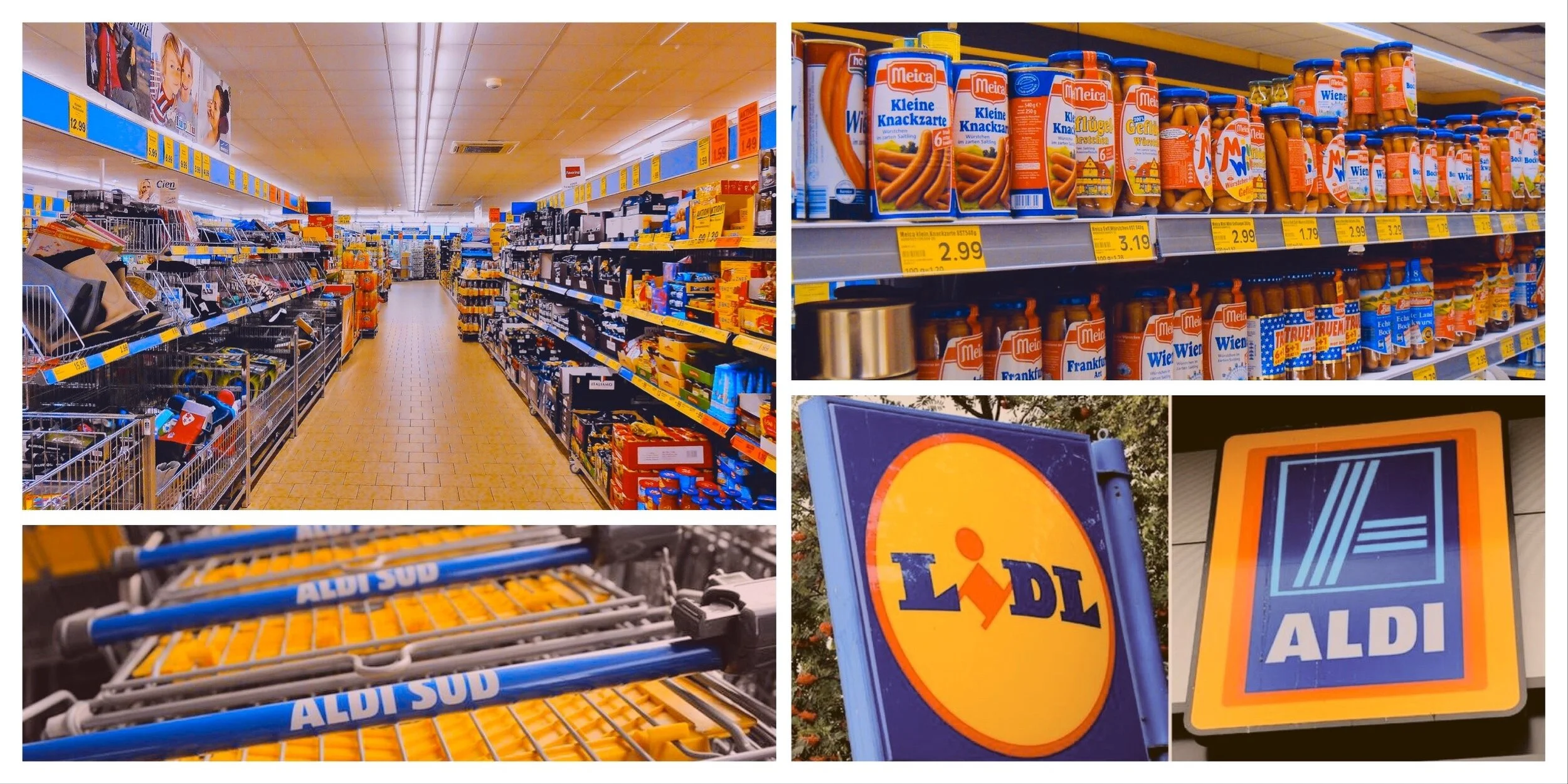Inconvenience Culture
‘I just can’t face all the questions’ my wife declared, head in hands. I tried to comfort her, but I knew it was pointless. My wife was exhausted. We’d been travelling up and down the east coast of the USA for two and half weeks, which was tiring enough, but that wasn’t what had exhausted the last of my wife’s meagre reserves of energy. No, what had broken her was the seemingly endless list of questions that accompanied any attempt to order food in America. Whether a meal in a restaurant, or simply a quick sandwich, all involved answering various queries designed to give us, the valued customers, exactly what we wanted. Personally, I loved it, and found every opportunity to construct the perfect meal a challenge to out-do the previous day's attempt. My exuberance was not shared by my wife, who had not grown up on a steady diet of American TV and movies, and who instead, had a rather idyllic rural Bavarian upbringing. While I was watching ‘Saved by the Bell’, she was running in fields and climbing trees. It made her a well rounded individual, but one seemingly incapable of making more than three choices about her meals.
It’s not that Germany is devoid of choice, it’s simply that the US market has more. In Germany, a person walks into a bakery, looks at the sandwiches available, chooses one and buys it. Even when a customer goes to an American export like Subway, there’s only a few simple questions about bread and salad. Should anyone find the process confusing, there’s a big sign to explain what to do next. However, in the US, buying a sandwich takes a molecular eye for detail, and a wide knowledge of various salad, bread, and sauce combinations. Also, there are little traps along the way, like being offered Thousand Island Dressing, a pretty basic condiment, but one that few servers seemed able to explain to my wife’s full satisfaction. More than once I caught her interrogating some poor employee about it, asking pointedly “Is it just mayonnaise?”, to which the response was usually “It's a kind of mayonnaise”. A wealth of questions, with precious few answers in return, is not what the average German is used to.
In fairness, my wife had a right to feel overwhelmed, and not just because her wholesome childhood left her unaware of what a Cobb Salad is. Lots of Europeans are totally unprepared for how much choice is part of the ordering process in US establishments. This stems from America's culture of convenience, which puts the customer at the centre of the process, and with varying degrees of superficiality, believes that “the customer is always right”. In contrast, Germany, for good or for ill, has taken a very different path. If America is the land of convenience, then Germany is the land of inconvenience culture. From the choices available, to ease of access, through to customer service, it often feels like things are just that little bit harder to do in Germany. The service industry and supermarkets specifically are great examples of this. Discounters, such as Aldi, Lidl or Netto aren’t designed with customer experience in mind. If anything, they’re designed to get the customer in, and out, quickly and efficiently. The layout of the store is always the same; narrow aisles make it hard to stop and peruse items, while most products are placed in such a way as to minimise any need to ask staff for help. The aim seems to be minimum customer/employee interaction, and a steady stream of liberated consumers.
Even in the larger supermarket chains, which are visually more familiar to US and UK tastes, customer experience is not the first consideration. Many supermarkets in Germany are franchised and carry the name of the franchisee above the door. They may contain the branding and point of sale of the franchiser, but the layout and organisation are at the behest of the owner. In practice, customers must decipher the owner’s organisational logic; is the sugar next to the flour? Why is the dog food next to the jam? Where the hell are the peas? For new arrivals to Germany, the lack of uniformity can be frustrating.
When a customer is unable to find what they want, the default is to ask a member of staff, but this too can be a bewildering experience. Germany once espoused the concept of "der Kunde ist König” (The customer is king) but those days are long over. German supermarket staff, like most service industry employees here, really don’t care about whatever privileges a customer imagines they have. The service industry employee is the great societal equaliser; you might be a king or a pauper, but they have no responsibility to be nice to you. They aren’t rude, they just have an innate ability to remind a person how insignificant they truly are in the grand schemes of things. In extreme instances, they won’t move out a customer’s way when blocking a shelf and more than once I’ve had to move quickly to avoid being mown down by an employee with a towering pallet of products. Some staff are nicer than others, but it’s frequently hit and miss.
Even at the most interpersonal point of the shopping process, paying, German consumers can’t expect to be treated with anything other than general disinterest. Many non-Germans focus on the rapid scanning performed by German checkout workers, but this is only part of the story. A friendly bit of small talk is often expected by native-English speakers while paying, to the point it’s a stereotype of the average cashier. It can happen in Germany, but it’s certainly at the employee’s discretion. The distance between employee and customer is widened further by the fact that informality is practically impossible in these situations, unless of course you know the employee well. The German language has both formal (Siezen) and informal (Duzen) forms and given the situation, saying ‘Du’ to the cashier could cause a serious intercultural incident. Moreover, most shop employees go by Frau (Ms.) or Herr (Mr.) creating another chasm of separation. It’s difficult to engage in friendly conversation when you have to use someone’s title.
You might assume from the above that I’m an opponent of Germany’s inconvenience culture, but there you would be dead wrong. I love the fact that the German service industry and its employees have a healthy disrespect for the customer. I worked in retail for almost ten years, during a period when US customer service practices were introduced to the UK. Working in customer service, haunted by the concept of “The customer is always right”, was a thankless task, peppered with dispiriting interactions with people newly emboldened by repeated messaging about how important they were. There is nothing worse than an entitled customer. If German service industry disinterest prevents their spread, I’m all for it.
Things are changing though, as are German consumers. Younger people, even in the most rural parts of the country, have ready access to US culture from social media to streaming sites. Many of them will have grown up more similarly to my own childhood than my wife’s and will no doubt have few if any problems navigating the myriad questions that defeated my wife so comprehensively when she tried to buy food. The only question is: will that change Germany’s culture of inconvenience? Time will tell, but maybe we’re on the cusp of a German convenience revolution.
Proofreader: @ScandiTina
Image Credit
Photo by Eduardo Soares on Unsplash
Photo by Kleomenis Spyroglou on Unsplash
Photo by Franki Chamaki on Unsplash
Photo by form PxHere
Photo by form PxHere
Photo by Michael Förtsch on Unsplash
Photo by Jan Ferchof on Unsplash










